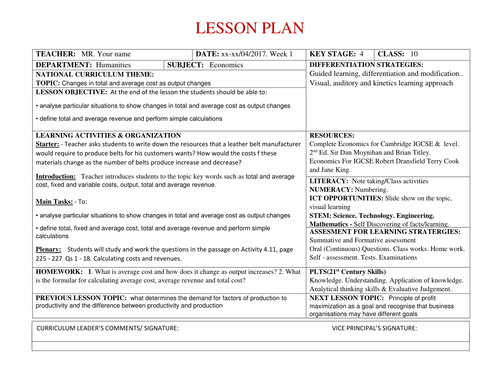Daniaewodage's Shop
Dania Ewodage is my name. I am a Nigerian, married with children. A profession teacher with years of experience and certified by the C.I.E, I hold a BSc. and Masters degrees both in economics, and the U.K. Inst. of Marketing diploma. I am also a Consultant and Pastor.






















